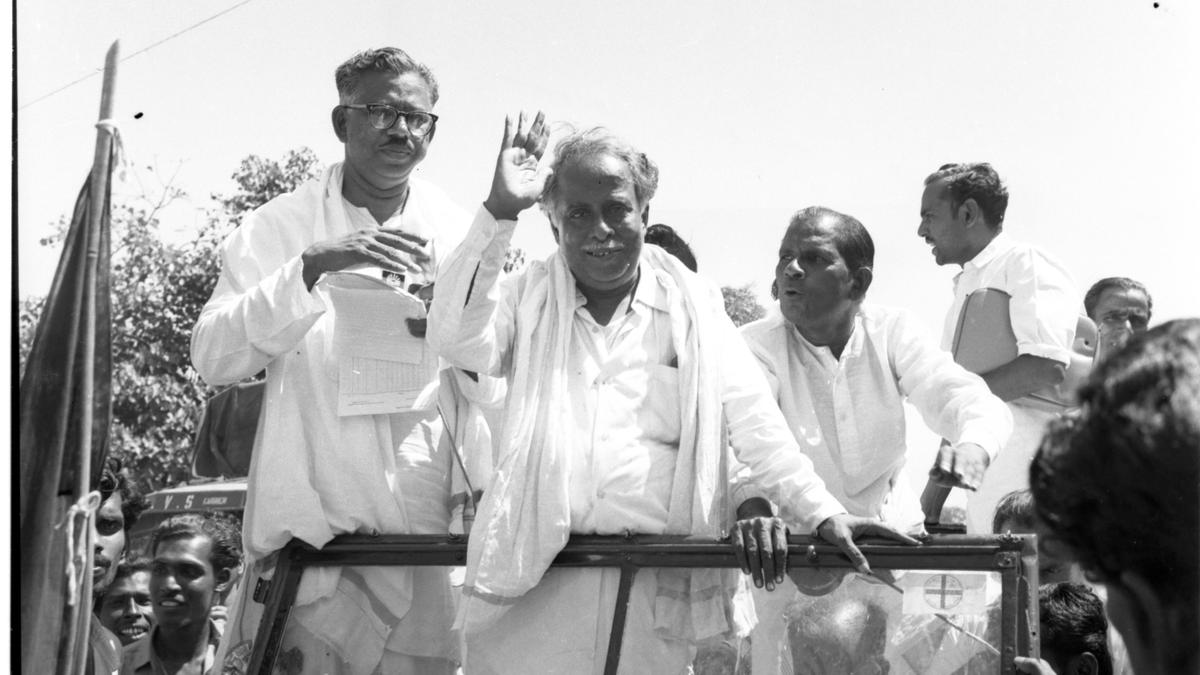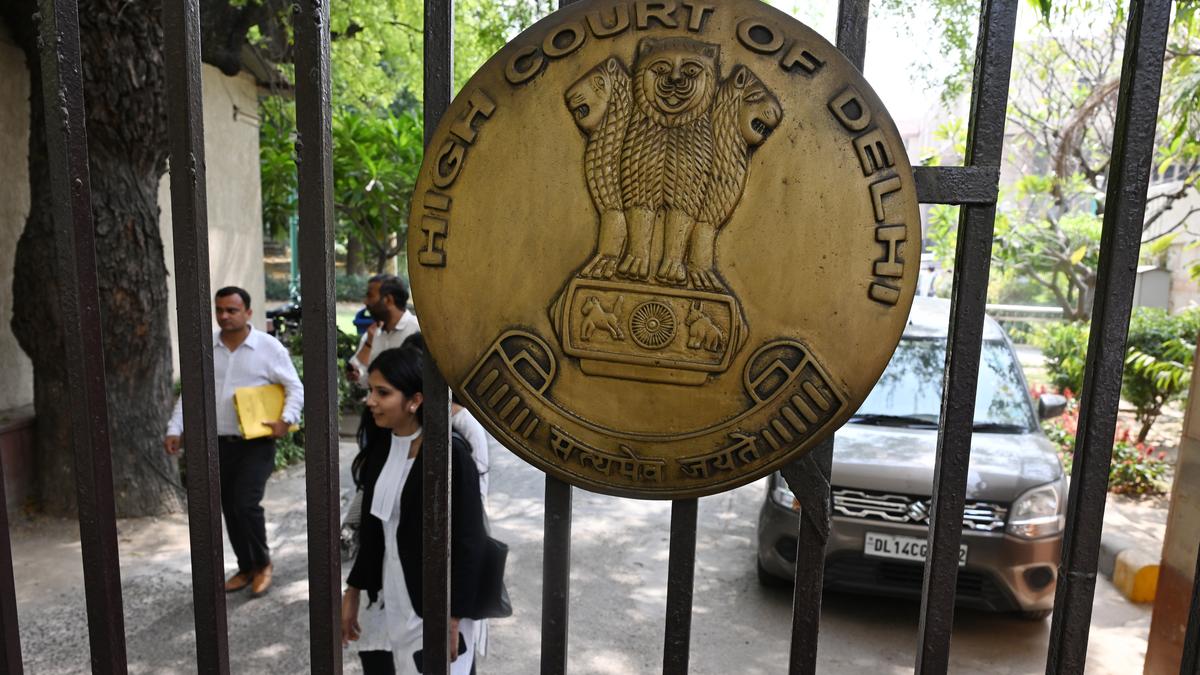Now Reading: Inside Tamil Nadu’s Landmark 1967 Assembly Election
-
01
Inside Tamil Nadu’s Landmark 1967 Assembly Election
Inside Tamil Nadu’s Landmark 1967 Assembly Election

Speedy Summary
- The 1967 Tamil Nadu Assembly elections were a historic turning point, as the Congress party lost power for the first time post-Independence.
- chief Minister M. Bakthavatsalam, AICC President K. Kamaraj, and several Congress leaders suffered defeat in this election.
- The Dravida Munnetra Kazhagam (DMK), an 18-year-old political party under C.N. annadurai, emerged victorious and Annadurai became Tamil Nadu’s first non-Congress Chief Minister.
- DMK-led United front coalition secured 178 seats with over 52% vote share; Congress’ vote share dropped from 46.14% (1962) to 41.1%, losing 78 seats compared to the previous election.
- Factors contributing to Congress’ loss included:
– Opposition unity among multiple anti-Congress parties aligned with DMK.
– Rising prices and mismanagement of rice distribution under rationing impacted public sentiment, especially among women voters.
– Anti-Hindi agitation left lasting resentment in Tamil Nadu against Hindi imposition by the central goverment.
– Support for DMK from Rajaji (C.Rajagopalachari) enhanced credibility of the Dravidian movement’s political agenda.
– Emotional incidents such as actor M.G. Ramachandran being shot added dramatic twists to voter mobilization efforts supporting DMK’s electoral promises like affordable rice at ₹1 per measure.
Images:
Indian Opinion Analysis
The outcome of the landmark Tamil Nadu elections of 1967 signifies a pivotal moment in democratic politics where regional parties achieved dominance due to shifting public priorities and sociopolitical dynamics favoring localized governance models over centralized ones represented by Congress.
The election marked not just an ideological change but reflected how socio-economic grievances-rising costs, food shortages-and identity-related issues like linguistic pride galvanized voter alignment across communities against incumbent leadership perceived as out-of-touch with local realities.
DMK’s victory highlighted lessons for governance that still resonate today:
- Strong coalition-building is imperative in fragmented political landscapes-a strategy used effectively by most political entities since this defining moment.
- Sensitivity toward regional concerns-whether language policy or basic amenities-is critical for sustainable leadership even within federal structures like India.
For Indian democracy at large, these events underline how electoral shocks can dramatically reshape long-standing hegemonies while introducing frameworks that prioritize diversity and inclusiveness. They continue influencing strategies employed by present-day leaders navigating complex socio-political climates combining aspirations with history-informed insights.
























